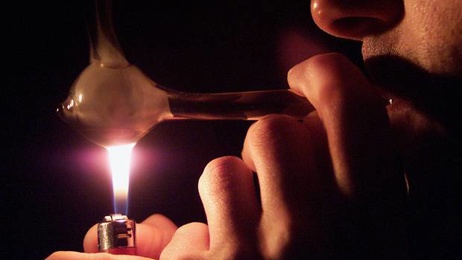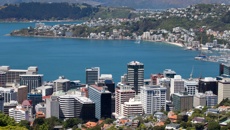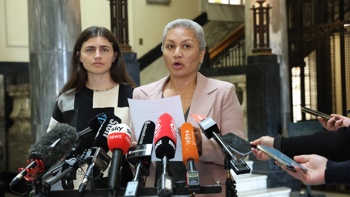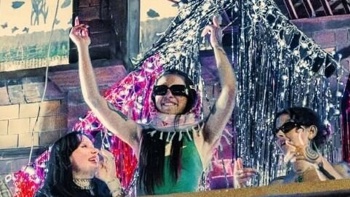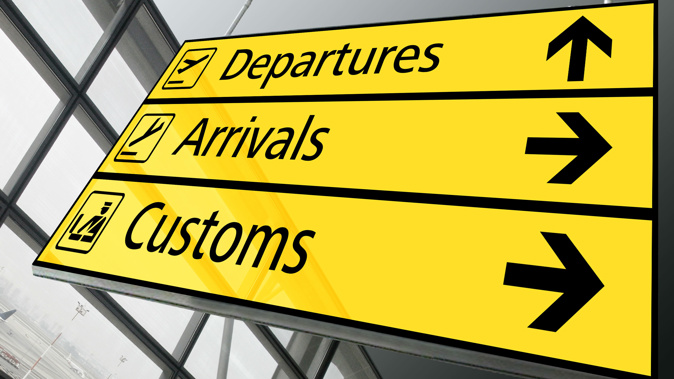
A lot of the talk around immigration is framed around economic reasoning and the pressure on infrastructure that as a nation we’ve failed to invest in.
We need greater investment in our infrastructure to keep up with our national needs, that is clear to all, but we also spend so much time questioning whether we’re allowing too many people into our country. Whether they might somehow disrupt our finely balanced nation.
This is practical and unavoidable when remembering the effects 501 deportees have had on crime nationally and when you can’t get from one side of Auckland to the other within two hours.
You will read a lot of these columns, some probably quite good. You’re not reading another one of those columns right now.
With all due respect to other writers, these people repeatedly fail to acknowledge quite a basic statement of fact - New Zealand is just a collection of who is here now.
Who gets in is decided by who is already here, after they’ve gotten here and become settled, so it is somewhat cynical when anyone tries to pull the metaphorical bridge up after themselves.
This is what Immigration Minister Erica Stanford has proposed - a slow and staged pulling up of the gate for potential migrants deemed less desirable than the engineers and medical staff every other country is fighting for.
In an interview with TVNZ over the weekend she acknowledged high net migration was having some impact on inflation and housing costs, but also that there are positive and negative effects in both cases.
There is an economic justification for greater immigration; there’s the unspoken truth that our economy - precarious as it is - has been propped up by growing immigration for decades now.
Our population is decreasing, we’ve seen multiple brain-drains of our NZ-born best and brightest. Without immigration we would be below replacement levels. We’d be ageing out of having a large enough working age population to support our growing elderly population.
Without immigration, regular new immigration, the services we rely on to survive would collapse. Quickly.
To justify this, we create rules and exemptions. Our health system is indebted to migrants, but to feel comfortable with letting new people in, we differentiate these more immediately useful migrants as the “good ones”.
As someone who has been called “one of the good ones”, a “good Māori” in this context, I can assure you it is not a term of endearment. More one of resignation. It's an acknowledgement that if there was a more palatable option, one without the asterisks of otherness, you wouldn't be here.
Alas, our national “failsons” don't go to medical school at nearly the rate required, so these are the needed and most acceptable alternatives. Friendly, isn't it.
Would most of us be here if this high bar of “highly skilled” was applied to our ancestors?
My father's family arrived in Dunedin in the 1880s, working class Scots with no higher education. For them, there was no real future at home, they knew the only future for the generations would be life at the bottom of a social structure so ingrained dreaming of more would have been self-flagellation.
When they arrived in dreary Dunedin - or just Dunedin; they were leaving Scotland after all - their dreams were the same as every immigrant: a better future for the next generations.
My mother's family arrived on the Takitimu waka to Tauranga in roughly 1300AD.
To them - and to me as a living legacy of their generations of work, struggle, bad choices and great ones - my Scottish forebears arriving as recently as the 19th century makes them newcomers.
In spite of this, these hundreds of years on this land never hardened their hearts against newcomers.
My grandmother’s face would light up when telling me about the new Korean families who had joined her church, Palmerston North’s St.. Andrew's in the City. To her they were a godsend to a historically Scottish church that needed the exuberance of youth and faced a shrinking congregation without them.
New Immigration Minister Erica Stanford’s family have been in New Zealand for a shorter period than mine has been going to this one church. I think about the choices she must now make, and the one she is strongly pointing towards doing, and I can't help but to think about the cynicism of a second-generation New Zealander feeling morally just to turn others away.
Couldn't we have started turning people away when her family was trying to enter from Denmark? Why did we accept them when it would have been just as easy to put up the gate before her?
From a self-interested perspective, as seems to be in vogue now, I'd still be here.
I also think about returning to my marae, Papawai, which is in a town named after Governor George Grey. It's not named after any of the hundreds of brilliant and honourable people who whakapapa back to our beautiful valley - it's not even named after me.
Greytown, the bad spelling, is named after this opium addict, born on the other side of the world, who had a contentious relationship with Māori.
If I have to put up with calling it “Greytown”, why do these Johnny-come-hundred-plus-years-lately get to whinge about slightly newer migrants?
To put it more metaphorically, what are the petty disputes of third- and fourth formers to an 80-year-old great grandfather? Developing immigration policy by looking only a few years in the future is woefully inadequate. Worse than that, it is against the spirit of New Zealand - a country named after an underpopulated Dutch county, but one that combines the best of a wonderful mixing pot of peoples and cultures.
We're a nation of immigrants, and of indigenous peoples, all on the same level, no one superior, everyone interconnected, pulling together.
I embrace those people coming here for exactly what my ancestors came here for - whether the ones who came here from Europe more than 100 years ago, or the ones who came here almost 1000 years ago - a better future for our next generations.
I don't begrudge anyone for coming here, I only begrudge those who would rob others of such an amazing opportunity. There may be an economic rationale to moving the goalposts on new migrants, to slowly pulling up the gate as Stanford is proposing, but there isn't a moral one.
An entirely open border is impractical, the solution to supporting the increased immigration we need is a lot more investment in infrastructure.
From a practical perspective, we need immigration checks and ways to entice skilled people here. But from a moral perspective, this is glasshouse rock throwing.
Take your Radio, Podcasts and Music with you



